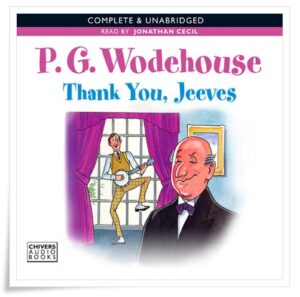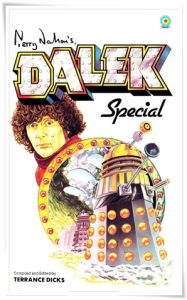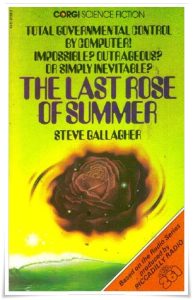Thank You, Jeeves
by P. G. Wodehouse (Herbert Jenkins, 1934)
audiobook read by Jonathan Cecil (Bolinda, 2014)
The usual hijinks, predictable in outline but spontaneous and delightful in the detail. While Jeeves may have lodged more firmly in the public consciousness than has Bertie, the latter presents as the more quintessentially Wodehousian character, frothing over with witter and wit.



![Book cover: “Agaton Sax and the London Computer Plot” by Nils-Olof Franzén; ill. Quentin Blake (André Deutsch, 1973) [from Agaton Sax och den svällande rotmos-affären, 1970]](https://www.derelictspacesheep.com/wp-content/uploads/2025/08/Franzen_Agaton-Sax_London-Computer-Plot-198x300.jpg)




![Book cover: “The Golden Slipper, and Other Problems for Violet Strange” by Anna Katharine Green (1915); audiobook read by Shelly Frasier (Tantor, 2009) [as “Mystery Stories of Violet Strange”]](https://www.derelictspacesheep.com/wp-content/uploads/2025/08/Green_Mystery-Stories-of-Violet-Strange-234x300.jpg)

